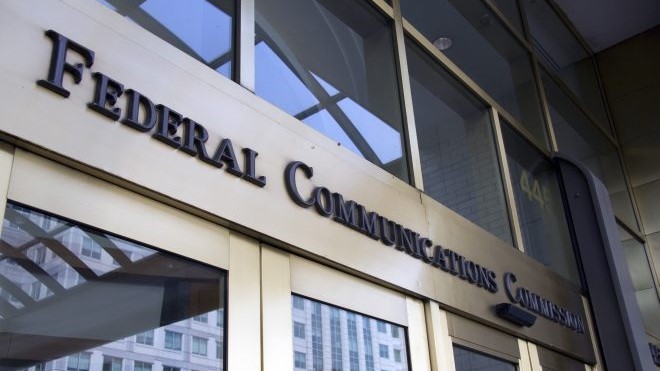FCC Removes Confusing Language in Franchise Fees Order
Edits made following a NCTA petition that said original language misinterpreted decision

The professional video industry's #1 source for news, trends and product and tech information. Sign up below.
You are now subscribed
Your newsletter sign-up was successful
WASHINGTON—The FCC is clearing up some confusion that came about in its order denying a request for stay of its cable franchise fee deregulation decision, removing two sentences that it ruled could be misinterpreted as permission for local franchising authorities to “enforce unlawful franchise provisions.”
NCTA—The Internet & Television Association filed a petition with the FCC specifically related to these two sentences in paragraph 21 of the FCC’s Stay Denial Order:
- “The rules in the [Third Report and Order] did not supersede provisions in existing franchise agreements on their effective date”; and
- “[i]f negotiations fail, the terms in the franchise remain in effect unless and until a cable operator challenges those terms and proves that the terms violate the [Third Report and Order’s] requirements.”
Upon review, the FCC agreed with NCTA’s petition that these sentences conflicted with the order’s directives and required procedures that were not mandated by the commission, and instead parties should adhere to the order’s recommendations for negotiations within 120 days. It also stated it disagrees with NATOA that removing these sentences undermines the FCC’s reasons for denying the stay petition.
“[W]e find, in accordance with the Third Report and Order, that the LFA and the cable operator have a reasonable period of time to renegotiate the franchise argument, which in most cases is 120 days,” the FCC writes. “If negotiations fail, the cable operator and the LFA can continue to rely on the processes and remedies that may be contained in their franchise agreement or that are otherwise available.”
The full order of reconsideration is available online.
The professional video industry's #1 source for news, trends and product and tech information. Sign up below.
